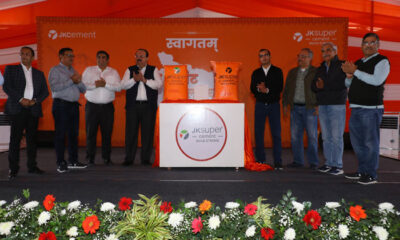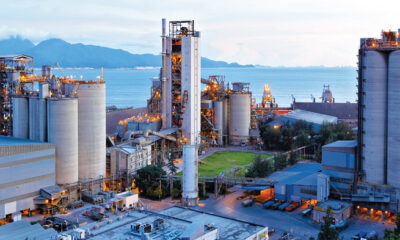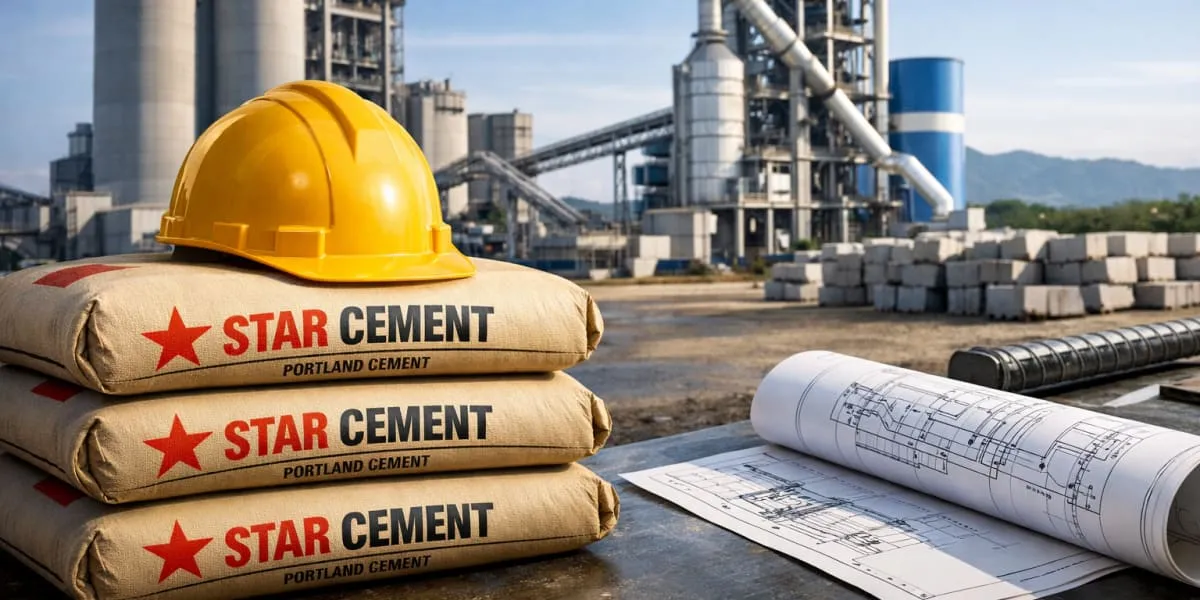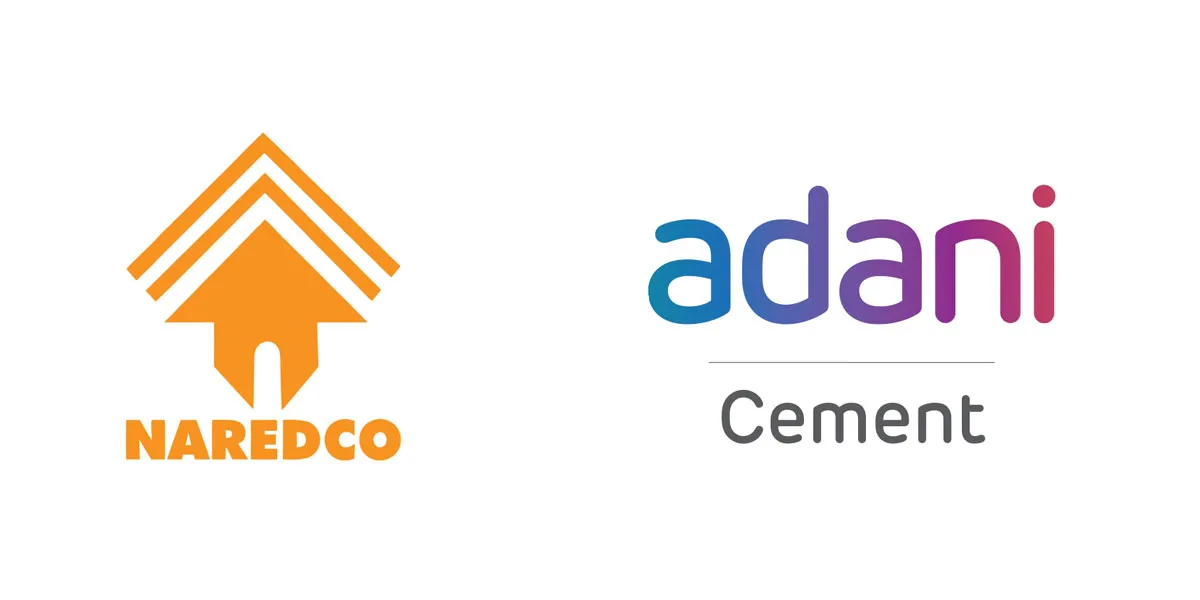Rakesh Valeja, Director, Thames Side Sensors India, talks about the crucial role that weighing equipment plays at every stage of the cement manufacturing process.
Thames Side Sensors India provides weighing electronics for the cement industry. When there is manufacturing, there is a requirement of measuring and packing. Measuring happens at different parts of the cement manufacturing process.
Their equipment starts measuring from 300g to 1000 tonne capacity, thus, it can accommodate any weighing application in the cement industry. When raw material comes in from the mines, there is a requirement of weight bridges. When limestone comes to plant on conveyor belts, load needs to be measured there. In the weigh feeder application, raw material is weighed and at the end when the end product is packed that, too, is weighed and packed in respective bags. From raw material to when final packaging is out, their equipment is used in the cement industry at every stage.
Their system is one of the most accurate weighing systems worldwide and they have a presence in over 70 countries globally. Speaking about accuracy, their systems’ outputs are better than the industry standard. They also give excellent warranty support and due to their confidence in their products, they give a 5-year warranty, which is the highest amongst all competition in the market. Their customers also have confidence in the company and have shown their trust in them by making repeat purchases.
Improving Efficiency
Following are some of the important aspects of the systems provided by Thames Side Sensors India:
Their equipment gives the best in class accuracy, which leads the customer to avoid any losses. In this way, they help cement manufacturers save cost. The life of the equipment is 15-20 years, which reduces the need to replace and thus, giving a good return on investment.
They provide equipment use training to their customers.
Automation and technology part is executed by OEM partners. As the company supplies their load measurers through OEM system integrators. The OEM partners supply their tech and the company’s system as part of their package. They work on the system to integrate and interface their technology with the company’s product, which makes it suitable for the cement manufacturers.
If there’s reduced spillage and life of the product is high, it reduces environment pollution, need for replacement and money saving. This money saved can be put into making better innovations that will benefit the environment.
During the installation of silos, they need to provide dummy load measuring equipment. However, multiple processes like welding etc., are happening at that time, and so, the original load measurers cannot be installed. However, the company has come up with a product that can sustain harsh conditions and shock, and will not lead to any discrepancy in its readings.
All their products fall under the International Organisation of Legal Metrology (OILM) code of standards. Only after the approval from this organisation, the products are released for market consumption. The company also has the highest standards of accuracy. In this way, it is a win-win for all the customers.
Thames Side Sensors India is getting to know more and more partners and competitors in the market as well as cement manufacturers and marking their footprint. The industry, too, getting to know them. They are currently working with some of the big names of the cement industry and would continue to do so.
ABOUT THE AUTHOR:
Rakesh Valeja, Director, Thames Side Sensors India, is responsible for providing the overall direction to the company and planning activities for high-level management and clientele alike and ensuring that clients, shareholders, and employees are all satisfied with their experiences with the company.


 Economy & Market4 weeks ago
Economy & Market4 weeks ago
 Economy & Market4 weeks ago
Economy & Market4 weeks ago
 Concrete1 month ago
Concrete1 month ago
 Concrete2 weeks ago
Concrete2 weeks ago



















